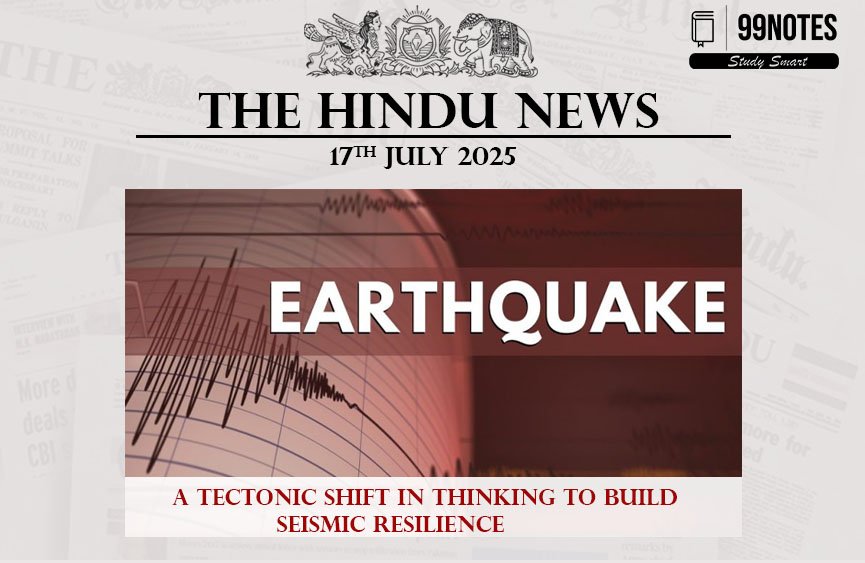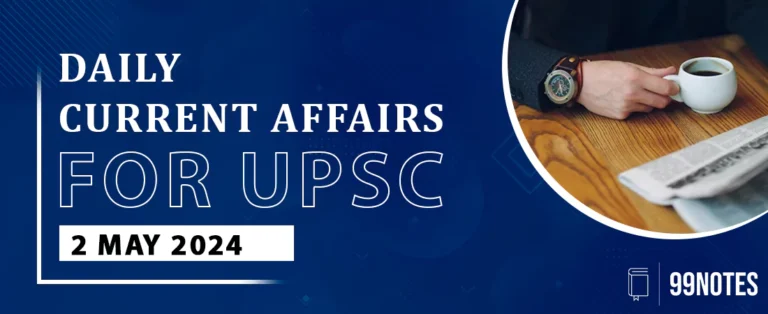18 July 2025: The Hindu Editorial
1. India Warns Against ‘Double Standards’ over Russian Oil
Source – Page 1, The Hindu City Edition
| Topic: GS2 – International Relations, GS3 – Energy Security |
| Context |
|
-
The US is considering the Russian Sanctions Act, 2025, potentially imposing 500% duties on India, China, Brazil, and others buying Russian oil.
-
NATO and US leaders have pressured India and China to reduce Russian oil imports.
-
India’s External Affairs Ministry reiterated “securing the energy needs of our people is an overriding priority,” voicing concerns of double standards—while EU also continues to import Russian oil in some forms.
-
India has diversified energy supply, now sourcing from 40 countries, up from 27 in previous years.
-
Diplomatic negotiations are ongoing, with emphasis on ‘energy security’ amid global volatility.
Conclusion/Way Forward:
-
India is likely to maintain a pragmatic stance, prioritizing energy security and seeking balanced global engagement.
-
The debate highlights the intersection between geopolitics, ethics in international affairs, and pragmatic national priorities.
|
Practice Question: “Discuss how India’s energy security concerns influence its foreign policy decisions in the context of Western sanctions on Russia. Critically analyze the concept of ‘double standards’ in international policies. |
2. Madras HC: Ban on Caste-Based Restriction for Temple Entry
Source -Page 3, The Hindu City Edition
| Topic: GS2 – Indian Polity and Social Justice (Vulnerable Sections) |
| Context |
|
-
The Court directed the police to ensure that caste-based restrictions in temple entry are removed.
-
Cited constitutional provisions: Article 15(1), Articles 38 and 46 ensure non-discrimination and social justice.
-
Stressed that the Tamil Nadu Temple Entry Authorization Act, 1947, was enacted after extensive struggles for social equality.
-
Warned that those enforcing caste-based exclusions can be prosecuted.
Analysis:
-
Reinforces the secular and egalitarian ethos of the Constitution.
-
Challenges deep-rooted social hierarchies, supporting inclusivity and the protection of fundamental rights.
Conclusion/Way Forward:
A strong judicial stance on temple entry paves the way for greater social justice and upholds the spirit of constitutional morality.
|
Practice Question: “How do judicial interventions aid in the realization of social justice in India? Discuss with reference to court judgements on caste-based discrimination. |
Read more about –17 July 2025: The Hindu Editorial Analysis





